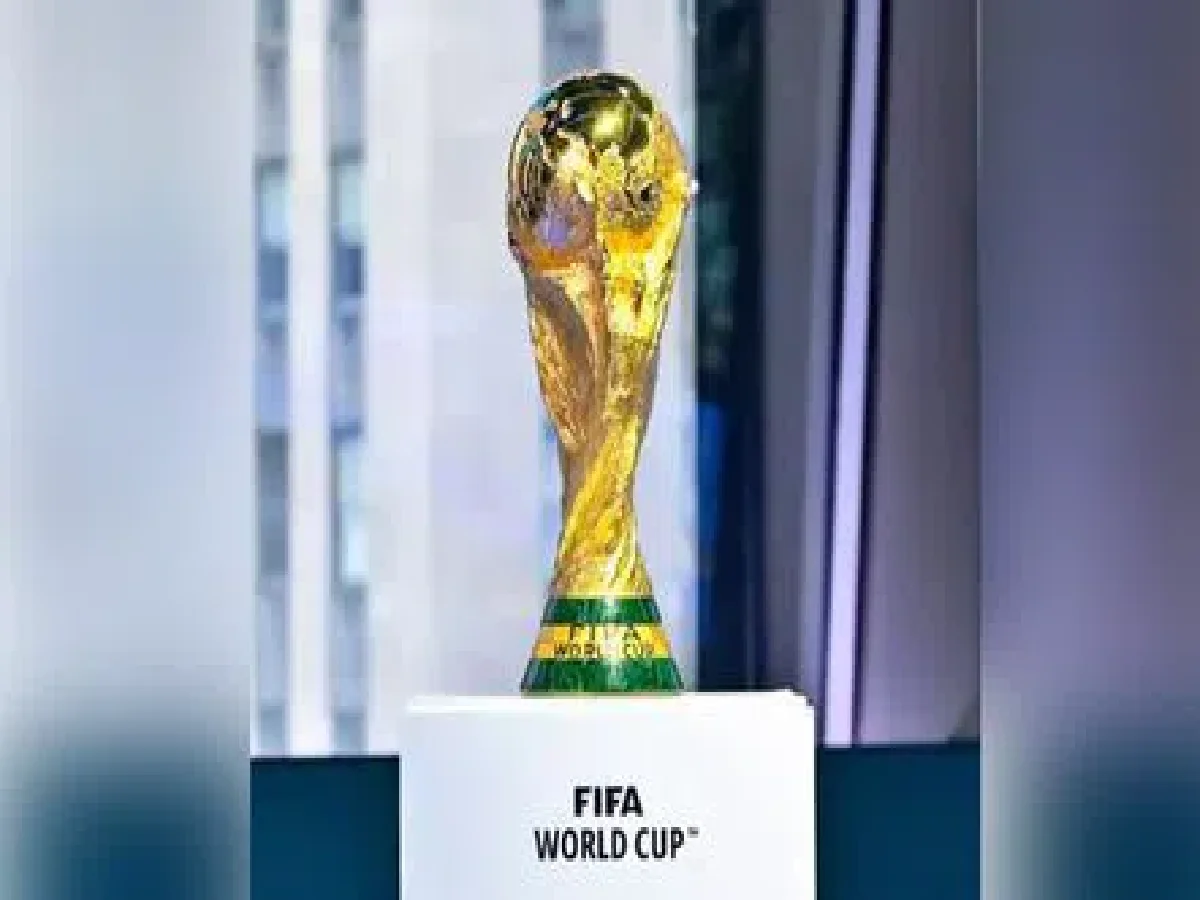FIFA declared on Wednesday that Saudi Arabia would host the 2034 World Cup, highlighting the Gulf kingdom’s expanding importance in global sports despite criticism of its human rights record. At the same time, a virtual Congress of world football’s governing body announced that Morocco, Spain, and Portugal will co-host the 2030 World Cup, which will also feature three games in South America. The Saudi candidacy was approved by acclamation at a gathering of FIFA’s 211 national member associations, with no opponents standing in its way.
“We intend to have a remarkable version of the World Cup in our nation.” However, rights groups immediately condemned the decision, claiming that handing over the tournament organization to the country jeopardizes the lives of construction workers and “marks a moment of great danger. FIFA has invoked the principle of rotating the World Cup between continents, hence only proposals from Asia or Oceania were accepted for 2034.
The unusual organization of the 2030 event will feature three continental confederations in Europe, Africa, and South America, while the next World Cup in 2026 — the first with 48 participants — will be held in North America.
Controversially, the council only granted possible bidders a month to file candidacies last year, and Australia and Indonesia rapidly dropped their interest. That left Saudi Arabia as the only candidate, paving the door for the World Cup to return to the Gulf region so soon after Qatar’s hosting in 2022.
Crown Prince Mohammed bin Salman, the kingdom’s de facto ruler, has long used sport to gain influence and boost its global image; however, some argue that he is successfully “sportswashing” by deflecting attention away from Saudi Arabia’s human rights record.
‘Moment of extreme danger’
The awarding of the World Cup to Saudi Arabia will reignite the debate about human rights, as it did two years ago. “We are inclusive and non-discriminatory, and we want to achieve positive social impact,” Gianni Infantino, the head of FIFA, stated in his closing remarks.

